Question And Answer
Publications
Articles, publications, books, tools and multimedia features from the U.S. Institute of Peace provide the latest news, analysis, research findings, practitioner guides and reports, all related to the conflict zones and issues that are at the center of the Institute’s work to prevent and reduce violent conflict.
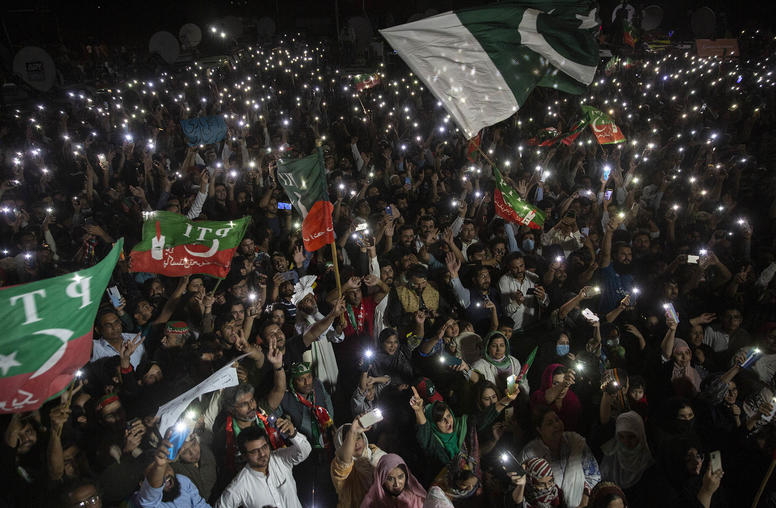
In Pakistan’s Crisis, Judicial, Military Roles Will Be Vital
Pakistan’s eruption into new political crisis this week elevates the risks — in South Asia and beyond — of instability in a nuclear-armed state that is also the world’s fifth most populous. The authorities’ arrest of former Prime Minister Imran Khan triggered a confrontation between his many supporters and Pakistan’s politically powerful military, which many Pakistanis say precipitated Khan’s detention. As U.S. policymakers monitor this still-unfolding crisis, a first useful step may be to carefully press Pakistani leaders to avoid any unlawful repression or military intervention.
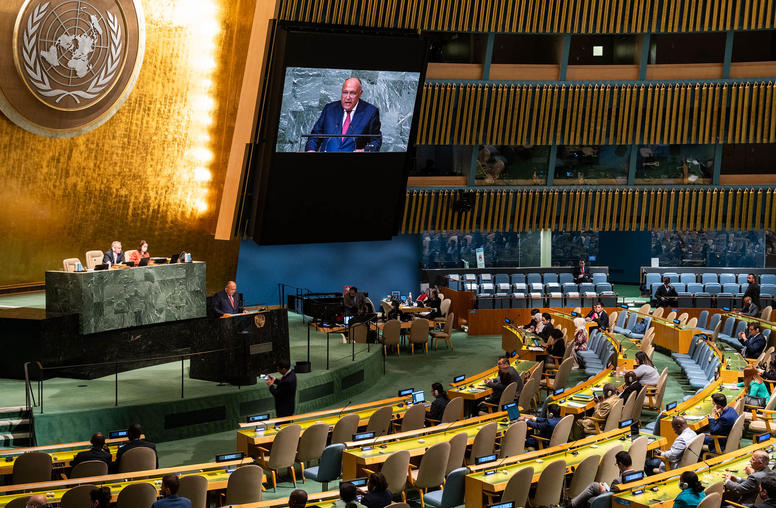
The New Nonaligned Movement Is Having a Moment
Russia’s invasion of Ukraine has accentuated emerging geopolitical trends that have coincided with the rise and intensification of great power competition. The re-emergence of the nonaligned movement (NAM) as a geopolitical force is perhaps the most salient example. Indeed, this month’s edition of Foreign Affairs — a reliable barometer of key trends in international affairs — is dedicated to the “nonaligned world.” By definition, NAM states do not want to be forced to choose sides between the United States and/or Russia and China. But as we move into a multipolar era of accelerating great power competition, these states will find themselves caught between major powers.
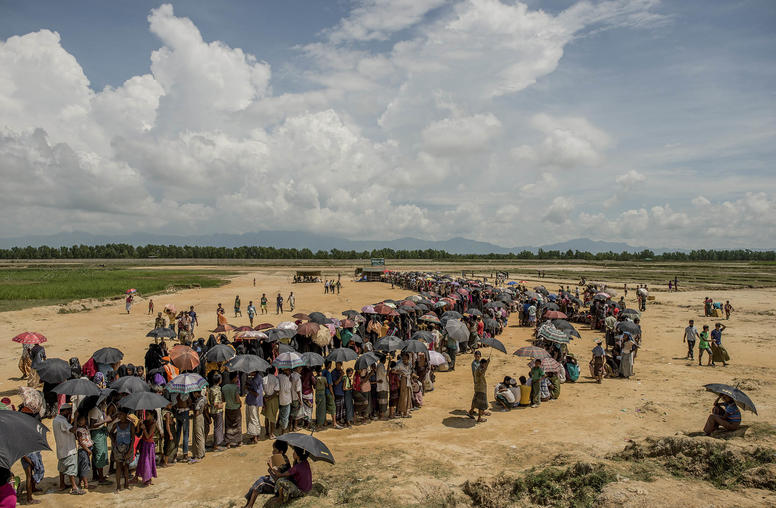
Conflict Dynamics between Bangladeshi Host Communities and Rohingya Refugees
In August 2017, several hundred thousand Rohingya fled violence and persecution in Myanmar, seeking refuge in Cox’s Bazar in neighboring Bangladesh. In the years since, the Bangladeshi government has provided a safe haven for the refugees. Yet there are signs of increasing discontent in the Bangladeshi host community over insecurity, economic costs, and other negative effects of the refugee camps. As this report explains, addressing this potentially combustible situation will be vital to ensuring a sustainable humanitarian effort in Cox’s Bazar.

Pakistan’s Existential Economic Crisis
Pakistan’s stability increasingly depends on the outcome of an ever-worsening economic crisis. Amid skyrocketing inflation, political conflict between Prime Minister Shehbaz Sharif’s government and former Prime Minister Imran Khan, and surging terrorism, the country is facing the risk of a default due to its massive external debt obligations. This burden has been exacerbated by the derailment of the $6.5 billion International Monetary Fund (IMF) program Pakistan entered in 2019, as the international lender is unsatisfied with Pakistan’s commitment to reform and ability to arrange for funds to meet external financing requirements. Troublingly, Pakistan’s official foreign exchange reserves are hovering around $4 billion, which is insufficient to finance even a one-month of the country’s import bill.
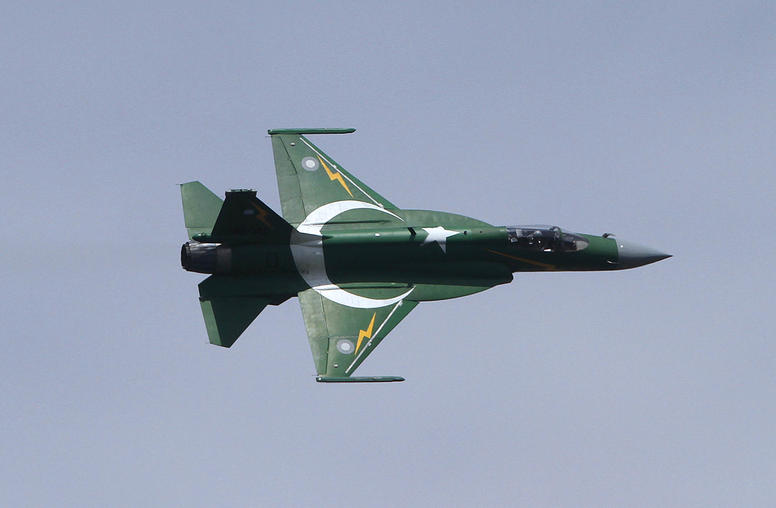
A Threshold Alliance: The China-Pakistan Military Relationship
Geopolitical shifts in South Asia over the past decade, driven by sharper US-China competition, a precipitous decline in China-India relations, and the 2021 withdrawal of US forces from Afghanistan, have pushed the Chinese and Pakistani militaries closer together. The countries’ armies and navies are increasingly sharing equipment, engaging in more sophisticated joint exercises, and interacting more closely through staff and officer exchanges. Yet, as this report concludes, a full China-Pakistan alliance is not inevitable, as Chinese missteps and other sources of friction could slow its consummation.
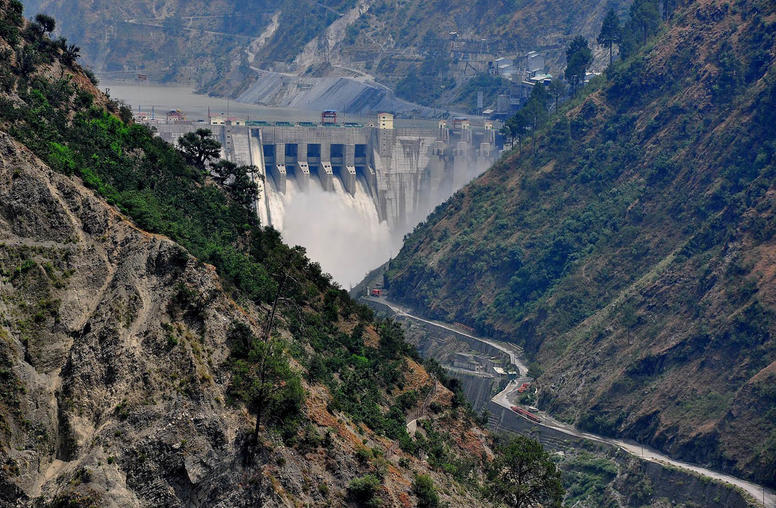
India and Pakistan Are Playing a Dangerous Game in the Indus Basin
On January 25, India sent a notice to Pakistan demanding the modification of the Indus Waters Treaty. Pakistan has so far refused to engage. The treaty, which India, Pakistan and the World Bank originally signed in 1960, allocates rights over the waters of several rivers in the Indus Basin to India and Pakistan.
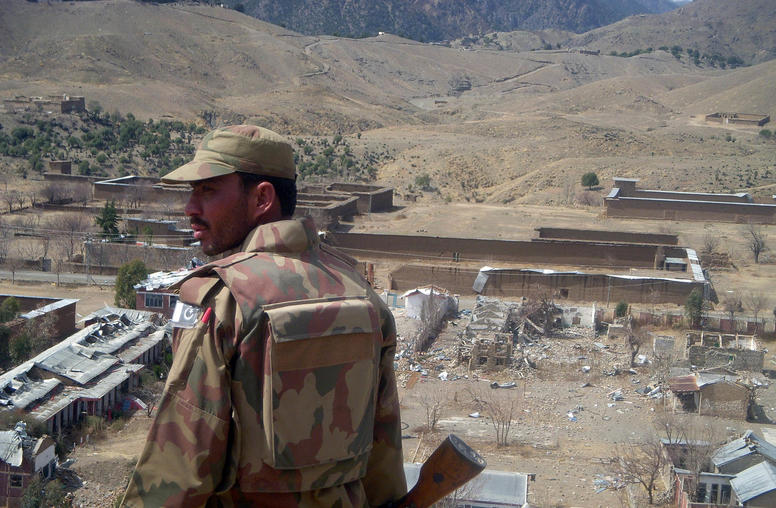
Is Pakistan Poised to Take on the TTP?
The Pakistani Taliban’s late January attack in Peshawar, the capital of Pakistan’s Khyber Pakhtunkhwa province, claimed the lives of more than 100 worshipping at a police compound mosque. The bombing was claimed by a faction of the Tehreek-e-Taliban Pakistan (TTP, also known as the Pakistani Taliban) initially, but later denied by the TTP’s central leadership. It was the group’s deadliest attack since its 2021 resurgence after the Afghan Taliban took power in Afghanistan. As Pakistan struggles with a major economic crisis, the fallout from the deadly floods of last fall and an ever-turbulent political scene, the TTP’s growing threat presents yet another challenge for the struggling nation.
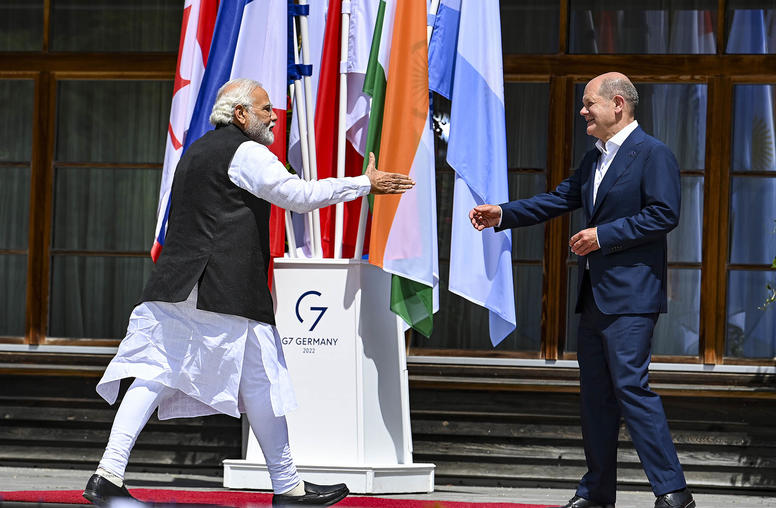
What to Watch in 2023: India’s Pivotal Year on the Global Stage
One month into 2023, and India is well underway with preparations for a pivotal year. In the coming 11 months, India is expected to surpass China as the world’s most populous nation (and by some estimates already has), and to continue on a trajectory of rapid economic growth. In assuming the presidencies of both the G-20 and the Shanghai Cooperation Organization (SCO), India is set to host leaders from across the globe as the country prepares for its own general elections in 2024. With all eyes on India, New Delhi may be increasingly sensitive to global perceptions of how it handles possible shocks — external or internal — ranging from escalation on its borders to incidents of communal violence.
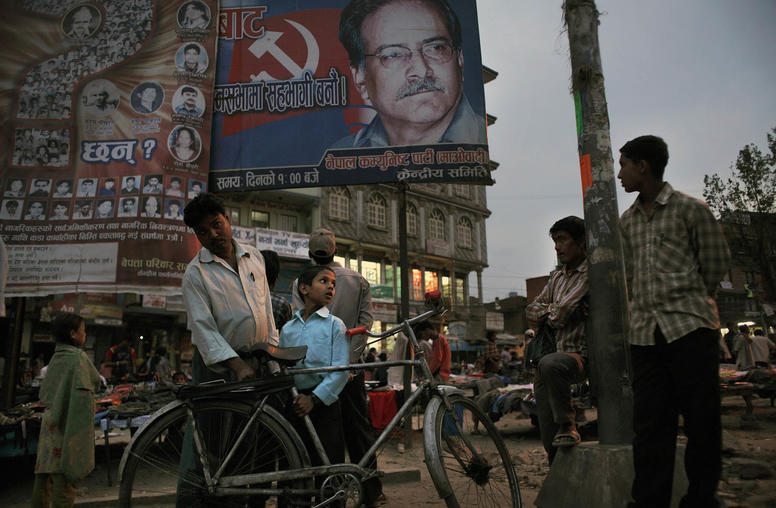
In Nepal, Post-Election Politicking Takes Precedence Over Governance
This past November, Nepalis participated in the second federal and provincial election since its current constitution came into effect in 2015. With 61 percent voter turnout, notably 10 percent lower than the 2017 general elections, the polls featured a strong showing from independent candidates.
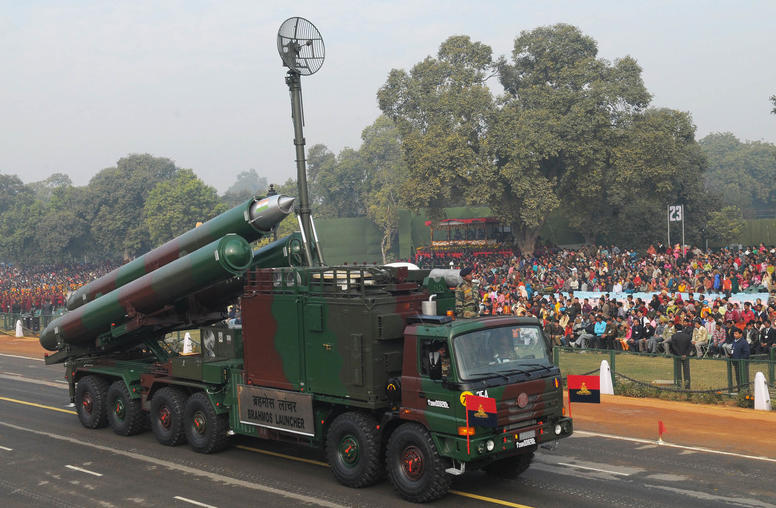
The Persistent Threat of Nuclear Crises Among China, India and Pakistan
Southern Asia — India, Pakistan and China — is the only place on earth where three nuclear-armed states have recently engaged in violent confrontations along their contested borders. As a USIP senior study group report concluded last year, the problem of nuclear stability in Southern Asia is getting harder to manage because of geopolitical changes, such as rising India-China border tensions, as well as evolving military technologies, including growing nuclear arsenals and more capable delivery systems. Unfortunately, in the time since that senior study group completed its work, little has happened to revise its worrisome conclusion or to prevent the most likely triggering causes of a nuclearized crisis in Southern Asia. To the contrary, there are some good reasons to fear that the situation in Southern Asia has even deteriorated over the past year.